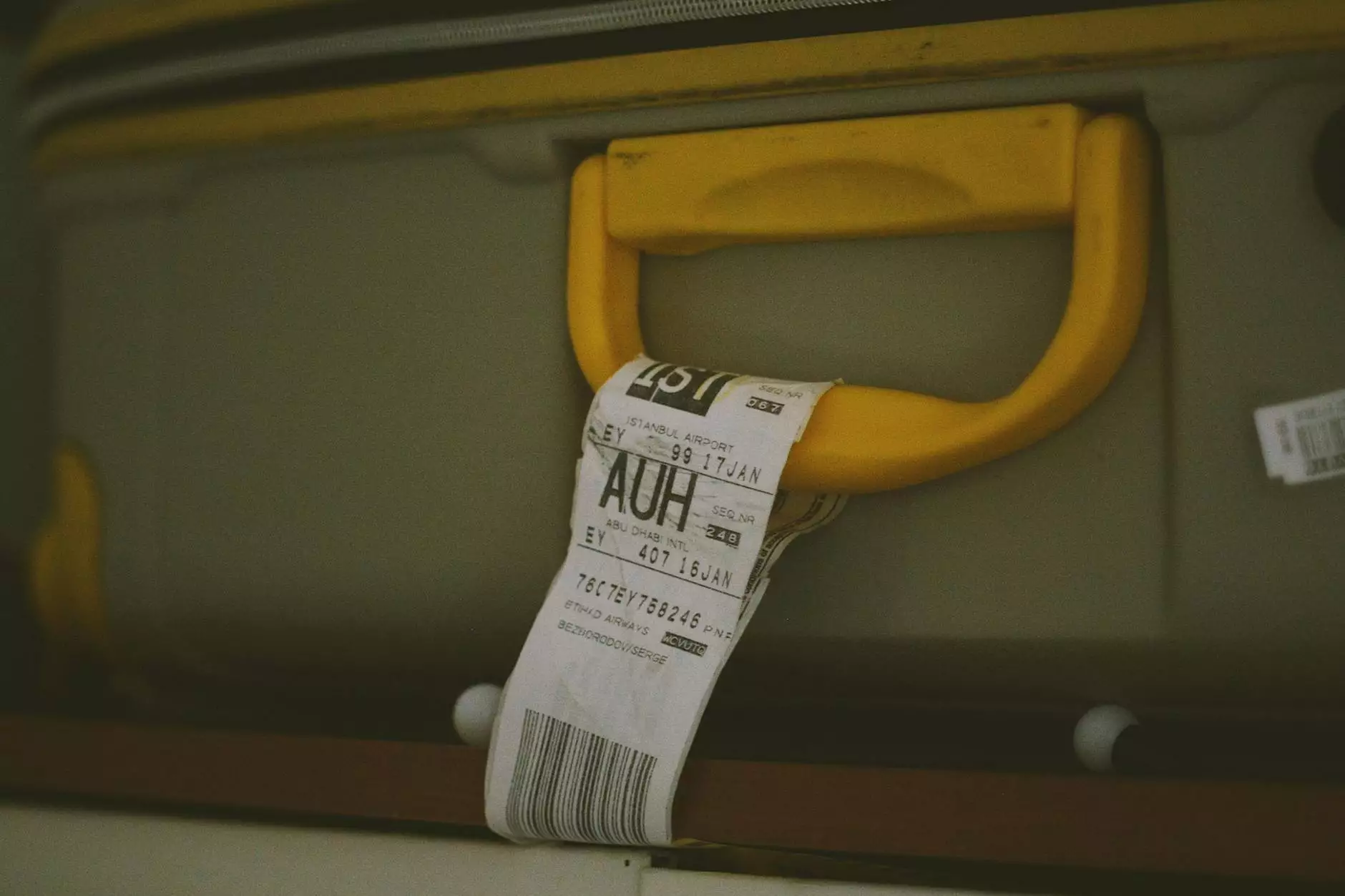Understanding the Importance of Barcode Checkers in Modern Business

In today's fast-paced business landscape, efficiently managing inventory and maintaining accurate records are crucial components for success. One of the pivotal technologies that support these operations is the barcode checker. This article delves deep into the significance of barcode checkers, how they function, their integration into various industries, particularly in printing services and electronics, and the transformational impact they can have on business practices.
What is a Barcode Checker?
A barcode checker is a device or software that scans and verifies the information encoded within a barcode. Barcodes are widely used across industries to facilitate the quick and accurate tracking of products, assets, and inventory.
The technology behind barcode checkers enables users to simply point the scanner at a barcode, allowing it to decode the data quickly and display relevant information on the screen. This process aids in countless business operations from inventory management to point-of-sale transactions.
How Barcode Checkers Work
Barcode checkers operate through the following essential components:
- Barcode Scanner: The physical device that captures the barcode image using laser or camera-based technology.
- Decoding Software: This software interprets the scanned barcode and retrieves the associated data from the inventory management system.
- Database Connection: The barcode checker connects to a database where it can verify and match product information quickly.
By simplifying data retrieval processes, barcode checkers enhance operational accuracy and reduce human errors. This efficiency is particularly beneficial for industries such as printing services and electronics, where accuracy in inventory management is non-negotiable.
Benefits of Using Barcode Checkers
The advantages of implementing barcode checkers into your business operations are manifold. Here are some key benefits:
1. Enhanced Accuracy
Barcode checkers significantly reduce the likelihood of errors associated with manual data entry. By automating data retrieval, businesses can ensure accurate inventory records, leading to fewer discrepancies and better financial management.
2. Time Efficiency
Manual inventory tracking and data entry can be time-consuming tasks. With a barcode checker, scanning products becomes instantaneous, enabling employees to focus on other critical aspects of the business, enhancing overall productivity.
3. Cost Reduction
Taking the guesswork out of inventory management minimizes waste and the costs associated with overstocking or stockouts. Additionally, improved accuracy reduces the costs linked with rectifying errors.
4. Improved Customer Service
Higher accuracy and better inventory management reflect on customer satisfaction. Quick and precise order fulfillment procedures enhance customer experiences, fostering loyalty and repeat business.
Applications of Barcode Checkers in Various Industries
While barcode checkers are versatile tools, they are particularly influential in sectors like printing services and electronics. Below, we explore their applications in these fields:
Printing Services
In the printing industry, barcode checkers streamline production workflows by offering the following advantages:
- Job Tracking: Businesses can track jobs and print runs precisely, ensuring each project milestone is met efficiently.
- Quality Control: Barcode checkers assist in verifying the correct product batches, improving product quality and consistency.
- Inventory Control: Printing companies can monitor their supplies and materials, ensuring that they maintain adequate stock levels.
Electronics
Similarly, the electronics sector utilizes barcode checkers to maximize efficiency:
- Asset Management: Businesses can track the movement, usage, and lifecycle of electronic components and devices, ensuring optimal resource allocation.
- Sales and Transactions: Quick processing of sales transactions in retail environments enhances the customer experience and reduces wait times.
- Returns Management: Barcode checkers facilitate the easy processing of returns, ensuring that the right items are being returned to inventory.
Choosing the Right Barcode Checker for Your Business
When selecting a barcode checker, consider the following factors:
1. Type of Barcode
Ensure that the barcode checker supports the types of barcodes you utilize, such as UPC, EAN, or QR codes.
2. Compatibility
Check for compatibility with your existing software systems and inventory management tools to ensure seamless integration.
3. Ease of Use
Select a device that is user-friendly and requires minimal training for your employees to operate effectively.
4. Durability
For industries that may expose devices to rough conditions, choose barcode checkers that are durable and can withstand wear and tear.
Future of Barcode Technology and Its Impact on Business
The future of barcode technology will likely see continuous advancements. This includes:
- Increased Automation: As businesses strive for greater efficiency, barcode checkers will be integrated into more automated systems.
- Mobile Solutions: The rise of mobile computing will pave the way for smartphone-based barcode scanning applications, providing greater flexibility for businesses.
- Data Analytics: Enhanced analytics capabilities will enable businesses to gather insights from barcode scanning data, aiding in strategic decision-making.
Conclusion
In summation, barcode checkers play an indispensable role in modern business practices, particularly in the realms of printing services and electronics. Their ability to enhance accuracy, improve efficiency, and drive down costs makes them a must-have tool for businesses looking to stay competitive in today’s marketplace. As technology evolves, so too will the applications and capabilities of barcode checkers, solidifying their status as essential instruments for operational excellence in all sectors.



